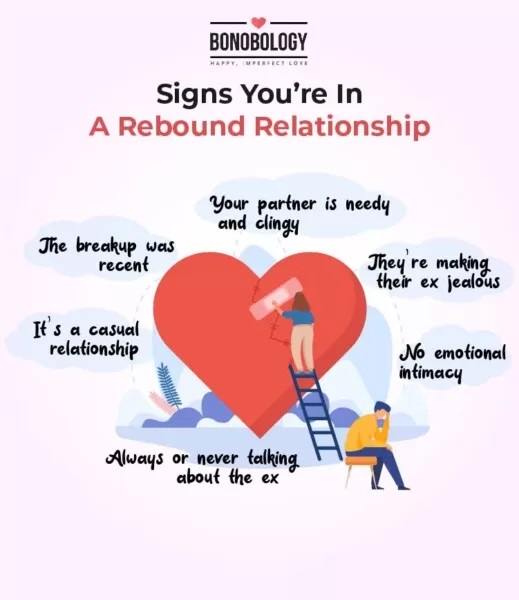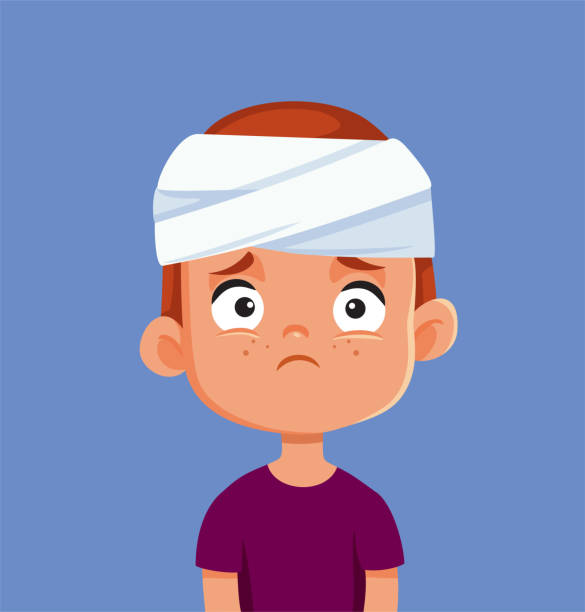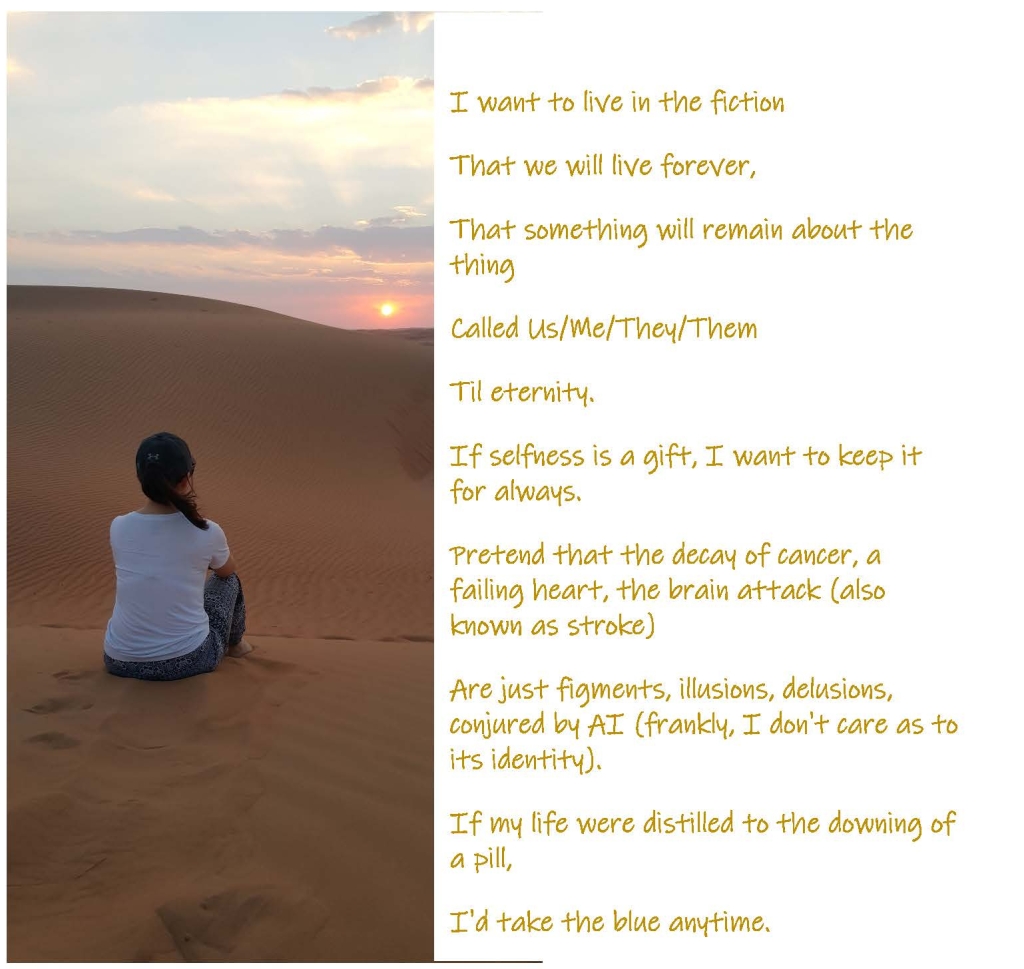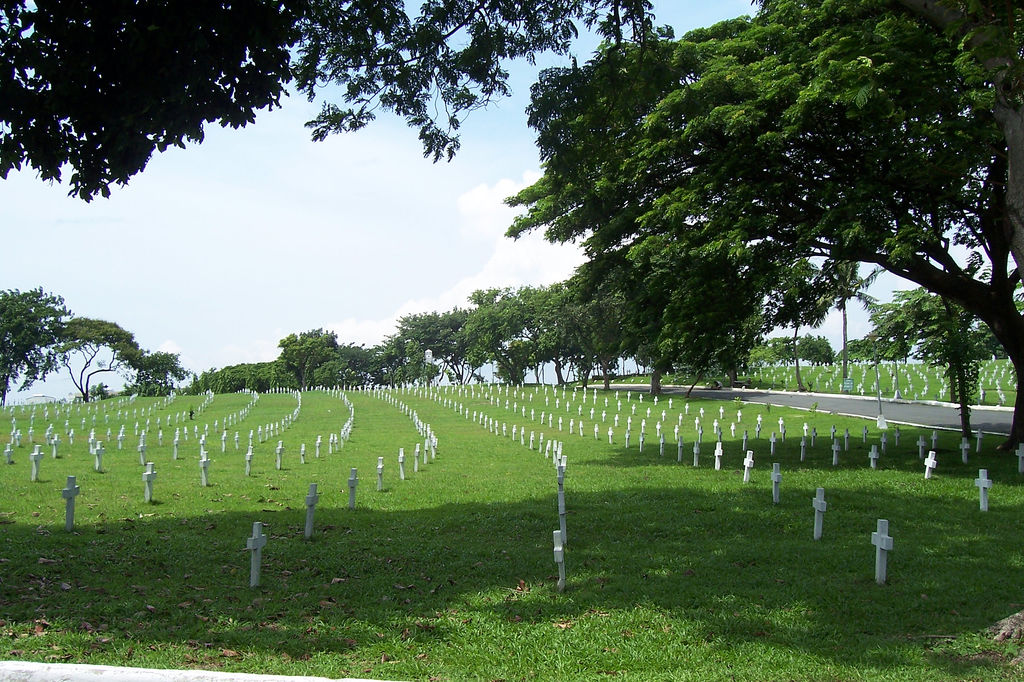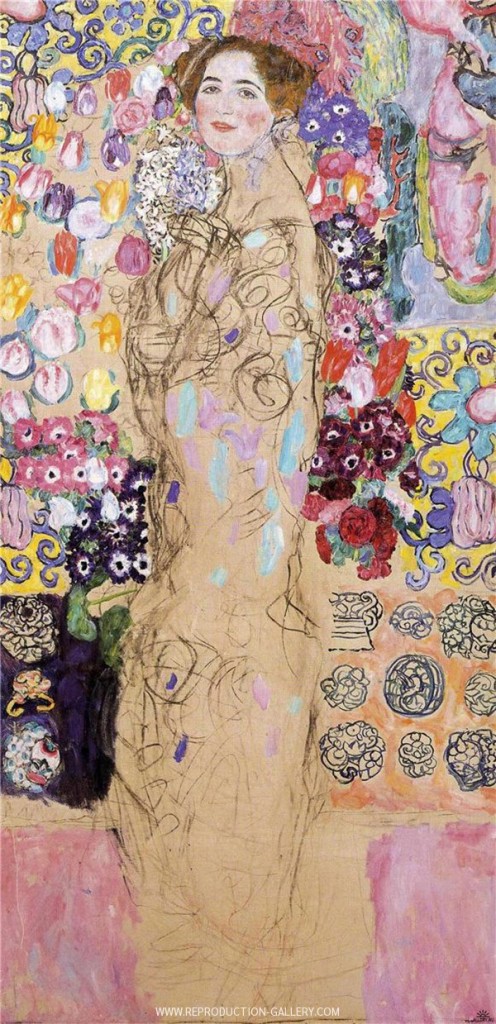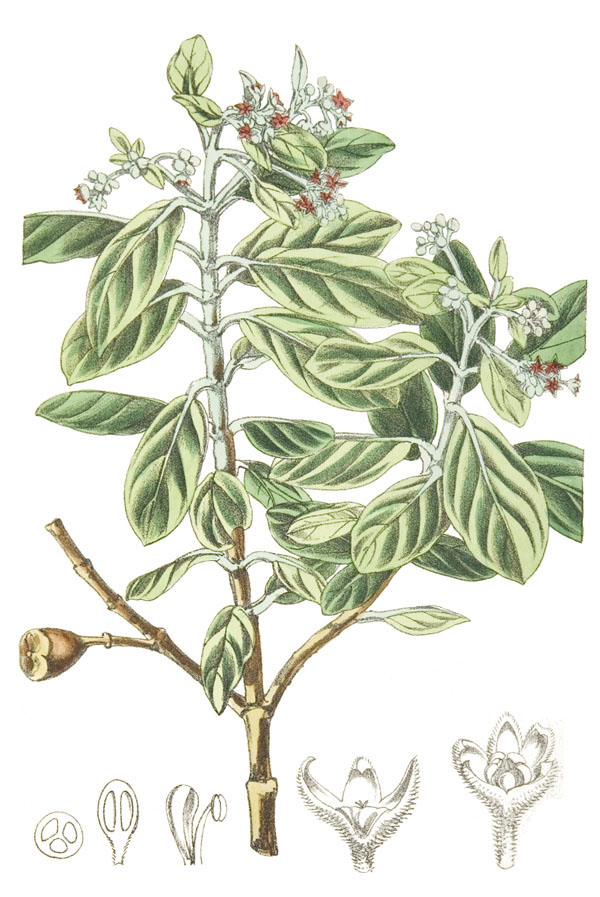This post has two parts. The first is where I get to explain about the Three Month Rule:
(I never imagined that it will be on the internet, but lo and behold, like a lot of things you-have-thought-of and have-not-thought-of, it was!)
The Three Month Rule , also known as the 90 day rule, is about the length of time a person can reasonably say that he/she is in love with someone (during dating), or has gotten over someone (after a break up).
G and I have been discussing about the 3 month rule (as it pertains to break ups) as we were contemplating our own mortality. My father died just last year. And it brought home to me the importance of having a Last Will or a Living Will or Advanced Directives. I told G that I wouldn’t want to leave this world without having my affairs in order. And part of that is my preferences as to whether he will be allowed to have another partner when I move on to another plane. Needless to say, my significant other just looked at me incredulously, and said “How can you have a preference about that when you are dead?”
Good point, darling, good point.
In any case, if there are such things as ghosts and consciousness after death (highly unlikely), my dead self would not object to G having a second (or even a third or fourth) lover after me. My only request is that he honor the Three Month Rule of Breakups (death being the Ultimate Breakup, as Carrie Bradshaw-Preston had said in And Just Like That).
The Three Month Rule states you are supposed to wait 3 months multiplied by the number of years you were together before you can move on to a new relatioship. So suppose, you were together for 15 years; then 15 multiplied by 3 is 45 months. So 45 months will be the length of time one needs to wait before entering into a new relationship without the stink of the word “rebound” spoiling the whole thing.
Pretty neat huh? (I just heard G roll his eyes)
The second part of this post is, yey, I have another story about Alice and Jonas!
Working Title: Like a Virus
(Alice’s POV. About Jonas, the time before.)
I was never a sickly kid. My earliest memories include 1. Catching dragonflies on the grasslands between rice paddies, 2. Climbing aratiles trees and staying there like a monkey while eating the tiny round seedly fruits until Auntie Juliette had begun to worry that I was kidnapped or worse, 3. Falling down our old wooden stairs spraining my arm, then howling at Baket Ikka as she applied coconut oil over the sprain.
I never contracted most of the usual viral infections growing up. I rarely had cough or colds, never had the flu, and the only time I had fever was when I caught chicken pox from my friend Aileen. I was febrile for a full 24 hrs; the next day I was up the aratiles tree again, a monkey with vesicles on her face.
So Jonas was a sickly kid, he is telling me now. When he was five years old, he developed a bad case of pneumonia, and he had to stay in the hospital for over a month. His mom, frantic with worry about Jonas, collected all sorts of saints and Catholic angels so that she could pray for the health and survival of her dearest only boy. His dad finally found him a very competent and distinguished pulmonologist who did a lot more to help in Jonas’s illness than any saint ever could.
“How could you stand being in bed for a month connected to all sorts of tubes and gadgets, I have no idea,” I tell him now as he hovers over my bed.
“I did not actually have a choice about it,” he tells me in that mild deadpan voice he always uses when I am in an irritable mood. “I was mostly sedated that time.”
“I hate being bedridden,” I grumbled. Admittedly, being sick makes me regress back to being a five-year-old.
“You are not exactly chained to your bed Alice,” he points out. “You can sit up, or walk to the bathroom if you want to. If you can.”
If I can. That second sentence really triggers me. Because the truth is … I can’t.
Jonas reaches out for my left hand, the one with the intravenous cannula, the one that was pricked like an emery bag yesterday because the nurse could not find an adequate vein. I could feel my eyes filling. Oh shit, self pity is such an unbecoming emotion!
“You do know that this is only temporary,” he said. “You will not exactly be sick forever,” his voice was as gentle as his hand.
“I know that. But I still hate it!”
They are still running tests to come up with a diagnosis. But the working impression is that I have a community acquired pneumonia. As such, I was pumped with a cocktail of antibiotics and round-the-clock paracetamol to bring the fever down. This morning my temperature is fine, but my disposition must be harrowing to my companion.
“I don’t know why you put up with me,” I tell him. “You actually flew all the way from Michigan.”
“My girlfriend is sick, what was I supposed to do?”
I stare at him, aghast. I did not know I was still his girlfriend. I thought that the break up that happened in Manila was still in effect.
“Don’t look at me like that,” he says irritably. “Didn’t you think I won’t come here to take care of you?”
“Well,” I say helplessly, breathlessly. “You are not obligated to do that.”
“For fucking Christ’s sake, Alice, you are not an obligation. You are not a duty. You are not a hobby or a past time that I go to when I am bored. You are not work, you are not a plaything. You do not exactly bring me peace most of the time. And now with you being sick… it is worrying me half to death!”
His eyes are blazing and he looks like he might strangle me. I wanted to smile … Oh god, thank you, he still loves me!
“So what am to you then?” I ask.
“You are a virus that I have never been never able to get rid of this past 6 years.” It was a grumble, a confession, an endearment. I squeeze his hand and I close my eyes, suddenly sleepy. “Thank you. That is the sweetest thing I have heard all day.”

